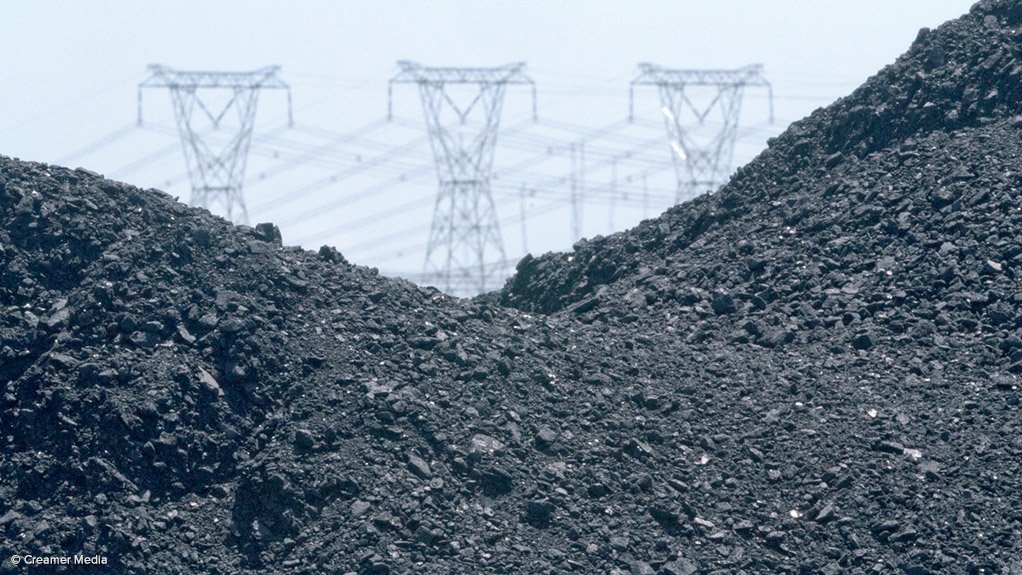As South Africa continues to await the tabling of the country’s Integrated Energy Plan (IEP) by Energy Minister Tina Joemat-Pettersson, Department of Energy (DoE) energy planning chief director Tshilidzi Ramuedzisi has reiterated that fossil fuels will continue to play a prominent role in the country’s energy mix, albeit it at a declining rate.
Addressing the Fossil Fuel Foundation’s third Electricity Conference, on Wednesday, she described the IEP’s primary objectives as ensuring security of supply, promoting energy access, promoting energy efficiency, diversifying power sources, minimising water consumption, reducing environmental impacts, promoting job creation and localisation and minimising the cost of energy.
In terms of the mitigation of the environmental impact of energy generation, she noted that South Africa would have to reduce its reliance on fossil fuels for the country to meet its emissions target.
She added that nuclear and renewable energy, therefore, had to play a more prominent role in the country’s energy mix.
“Gas is the biggest game changer and the price of gas will determine its future role,” she said.
In terms of energy costs, energy imports had been identified by the DoE as the largest cost driver, constituting a projected 60% of energy costs, followed by emissions penalties and the capital cost of energy technology.
Also under consideration when determining the country’s energy mix, Ramuedzisi noted, was the extent to which technologies and the various energy sources drove job creation.
“Technologies that span a wider spectrum of the energy value chain, technologies with longer lead times and longer operational life and the continuous deployment of technologies with shorter lead times are the most significant job creators,” she held.
The energy mix policy would be further informed by water consumption, with levers that had an impact on emissions and other environmental factors having a similar effect on the consumption of water.
Citing assumptions made by the US Energy Information Administration (EIA), Eskom research GM Barry MacColl added in a later presentation that coal would continue to play a “significant” role in the energy mix in the foreseeable future.
“However, the EIA believes that such a mix will have a very distinct regional characteristic and any attempt to force a one-size-fits-all approach will not work,” he commented.
MAC Consulting’s Dave Collins added that fossil fuels would likely remain a “major” part of South Africa – and the world’s – energy mix for the next 20 to 30 years.
“However, working against this is carbon pricing, public opinion, technology and perception breakthroughs and electricity storage,” he cautioned.
EMAIL THIS ARTICLE SAVE THIS ARTICLE
To subscribe email subscriptions@creamermedia.co.za or click here
To advertise email advertising@creamermedia.co.za or click here











